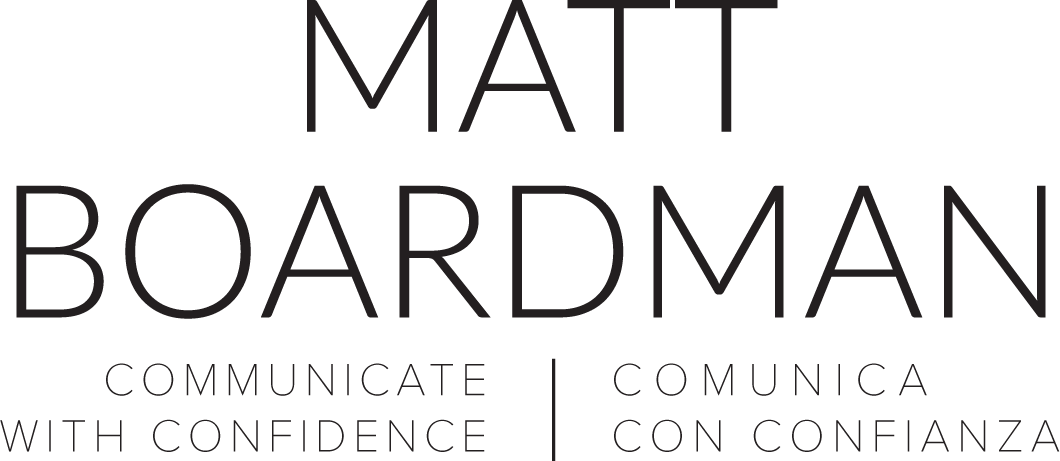As any startup founder knows, you need an advisor: to listen when things go wrong, to bounce ideas off and to tell what you need to hear: even when it’s not pleasant. But don’t make the mistake of picking the wrong friend for your startup. Do you recognise these 3 types of startup friend?
The rose-tinted optimist
The rose-tinted optimist is someone you will enjoy talking to because they make you feel good about your startup and your ideas. They are often an old friend or family member. But be wary of always listening to a serial optimist: sometimes negative thoughts can be a necessary warning.
Will say: “That’s a really exciting idea. I can think of loads of bus drivers who might want an air freshener that smells like their home!”
Useful for:
- Generating ideas: Despite what many say, there is a time for blind optimism. In Getting Things Done, David Allen says that we are able to come up with far more ideas if nobody criticises them, at least at first.
- Boosting confidence: Faced with a temporary setback, it’s useful to have a startup friend who will remind you of the positive progress you’ve made. And make your laugh, or provide you with Ben & Jerry’s ice cream.
Risks:
- Misplaced confidence: It’s not always good to focus on the good. Sometimes you need to hear difficult truths. If your startup app has been losing users for 3 months in a row, positive emotional support has its limits: “don’t worry, it might just be the quiet season” is sometimes less useful than “maybe you need to change something?”
The prophet of doom
The prophet of doom is the startup friend who challenges your ideas but whose challenges are generalised, inherently pessimistic, and lacking in relevant experience or critical empathy.
Will say: “This will never work, or it would have been done before!”
Useful for:
- Sharing complaints about TV shows.
- Nothing else.
Risks:
- Habitual dismissiveness: With someone who is always pessimistic, it is easy to get accustomed, even subconsciously, to dismissing their point of view. This is dangerous because your brain will more easily mistake a valid challenger, such as an angry customer, for a prophet of doom, and lead you to ignore difficult but important advice.
The critical friend
Your critical friend can be a mentor, your customer or your mother. It doesn´t matter who, but they are somebody who feels able to challenge you whenever they see a potential problem. Unlike a Prophet of Doom, the critical friend has either relevant experience (e.g. in a specific industry, in the running of startups, or whose life experience is relevant to your product) or critical empathy (a valid substitute for relevant experience – the ability to imagine critically the point of view of other people) and is specific with their challenges.
Will say: “Do you think speed stripes on the pet carrier is actually something customers will want?”
Useful for:
- Testing ideas: After the exciting process of generating your ideas, you need to go through the process of testing those ideas. Your critical friend is the perfect person to bombard you with constructive criticism which will help you design problem interviews or focus groups. If this results in an unpleasant crash back to reality, resist the temptation to dismiss your friend as overly pessimistic, and remember that it’s always better to find out now rather than in two months’ time.
- New perspectives: Whether they have relevant experience or critical empathy, your critical friend will sometimes show you a different way of looking at your problems, and help you find a solution.
- Telling you hard truths: Hard truths don’t always mean “it’s time to shut down the startup”. Hard truths can, after the initial pain, be the impetus for a fundamental pivot that transforms your startup from failure to success story.
Risks:
- Illusion of infallibility: It is very important to remember that although your critical friend is wise and experienced and possibly beautiful, he/she will not be right about everything. A previous bad experience with an online tailoring app that made them look fat may not mean that all tailoring apps are doomed. You should extract lessons learnt from their experience but may need to recognise their prejudices. This can only be done by getting to know your critical friend over time.
The pitch in brief
- Having a trusted advisor to talk to is vital for your startup.
- Not all startup friends are created equal: there are risks to bear in mind with each type of advisor.
Want more? Once your critical friend has helped you hone your idea, find out how to run with it and excite investors.
What’s your startup and who’s your critical friend? Let me know in the comments below, on Twitter or on Facebook.
-----------
Matt Boardman – Startup Elevator Pitch Coach
I am an elevator pitch coach helping Madrid-based startups identify their essential story and sell it to investors through a concise, exciting elevator pitch. I believe that, whether in a formal pitch or a casual conversation, we only have one chance of 2-5 minutes to win an investor or lose them.
Liked this? Read the rest of my blog here.


